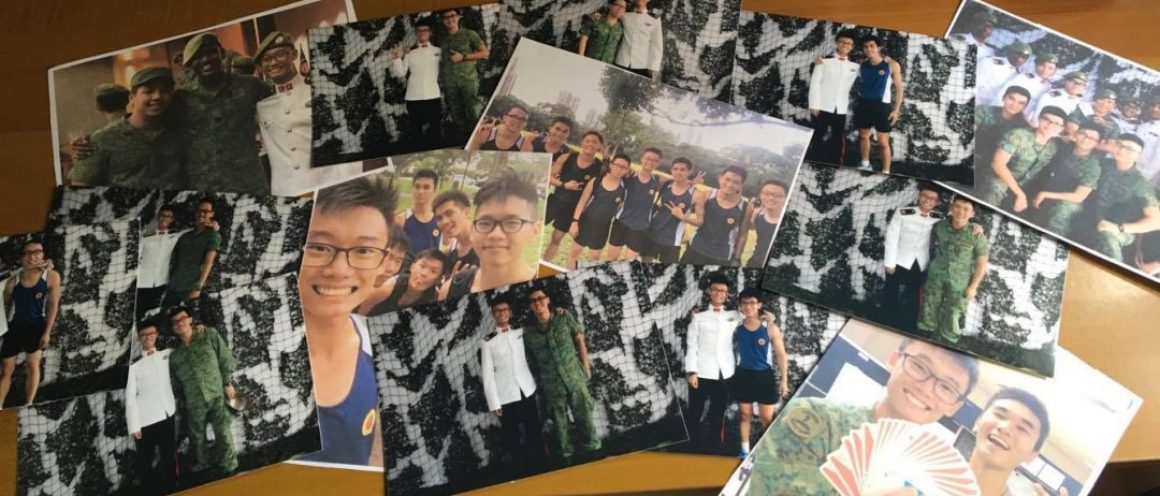I was pretty inspired by one senior who did weekly post about her journey through HO-ship and wanted to do the same. But I guess it didn’t happened – I was too busy, too lazy, and too unmotivated. Since I have some free time now, I figured why not?
Almost 2 months have passed since I last blogged, went through 2 different teams as well. I am definitely very honored to be in teams with good seniors and amazing co-HOs.
My 2nd team was HPB (hepatopancreaticobiliary) and there’s two HPB teams. I was in the not-so-shag team. Tbh, when I first found out I was posted to HPB, I was quite excited actually. Since M3-M5, I haven’t been to HPB or CLR (colorectal) team and these are really the bulk content of GS we should know as medical students.
I remembered feeling so incompetent in my first team despite the reassurances from my seniors and other colleagues. And when I transited over to the 2nd team, I felt like I was able to cope much better and managed things much better. Like knowing a little bit more about my patients, knowing how to handle the administrative work well. My bosses from HPB team were amazing as well. I often hear stories from them from their past, their present and also, about the career pathway in surgery. No doubt the 2 of them inspired me to want to pursue a career in surgery.
Which was why I have applied for the MRCS part A examinations this coming September. Honestly, I think I have learned a lot from both my 1st team and HPB team with regards to knowledge and application of what I learned from medical school. I was able to correlate the management of acute pancreatitis, cholecystitis/cholelithiasis, malignancies of the pancreas and liver. I’ve even managed to see 2 patients with intrahepatic cholangiocarcinoma who have underwent stent insertion, with very different outcomes.
Of course, starting a new team isn’t always easy. I remember my first day in HPB, this patient died right in front of me. I have completely zero clue on what to do. I just stood there and texted my seniors and sent a priority message to the palliative team taking care of this patient.
(Off topic, in healthcare here, we have this messaging application called tigertext, and essentially, as long as you have the name of the person, you can drop them a message. There is this feature of “priority message” whereby the person who received it will get an annoying and loud beeping on the phone to let them know this is an emergency. Sometimes people abuse it for the wrong reasons, but ya, people from many many meters away can hear.)
That was my first time sending a priority text over, and I am so glad the palliative medicine doctor didn’t slaughter me for sending the priority text during their rounds. But wow, what a way to start HPB.
Regardless, the team was really amazing and I even gotten the chance to go to lumps and bumps OT, where the MOs will excise out the lump (can be abscess or sebaceous cyst), and we get to close the skin too. This whole experience really affirmed my decision to pursue surgery as a potential career in the future.
But then, as I transited into my new team, CLR, I realised most patients come in for colorectal cancers who have undergo some sort of colectomy with stoma. Most patients would be on total parenteral nutrition (TPN), and what we (HOs) are really doing is mainly coordinating care and settling the administrative work. I understand that this is the job of a HO, but I don’t feel like I am learning a lot either. Most times, we are trying to settle discharge issues, or when a new acute event happen, we will need to attend to them.
Generally, I really don’t enjoy this posting as much as I wanted to. This also spurred me to reconsider my decision to pursue GS in the future. GS can never escape from malignancies and I really have not enjoyed dealing/studying with cancers since medical school. Maybe I do not see myself in this path. Then again, there’s still other surgical specialities like cardiothoracic, neurosurgery, eye, ENT, etc… which are still up for grab. This would depend on my MO posting. Hopefully I can get the relevant postings I want, and get to truly experience life in the subspecialty before applying for anything.
Somehow, I realised specialty training is quite important because there’s always a motivation for you to be a better doctor. You have to advance your knowledge and skills, sit for examinations and show competency as well. Majority of which, would’ve ended by the time medical school ends. Who would want to use their free time to study? I doubt not a lot of people would want that. Especially when free time is so hard to come by. Feels sad that I’m not spending a lot of time meeting and catching up with my old friends, or trying out new things, or doing things I want in general. Feels like I’m just trying to catch up on sleep.
Shag Not sure if this will ever get better, but I just hope that things will be slightly better in the next few months. Anyway, 12 more days before I transit to a different team, and another 1 more month before the end of GS posting.
Hopefully the learning opportunities will continue to present itself, and that I can find a posting I truly enjoy +++
































You must be logged in to post a comment.